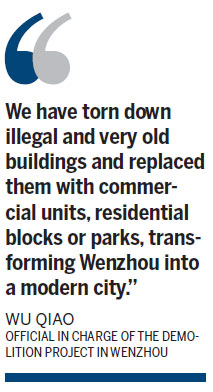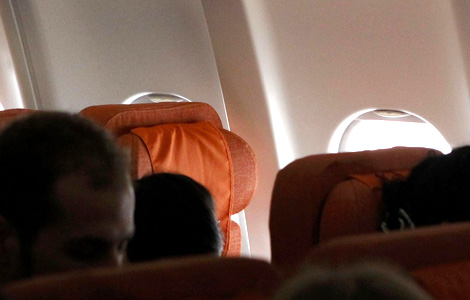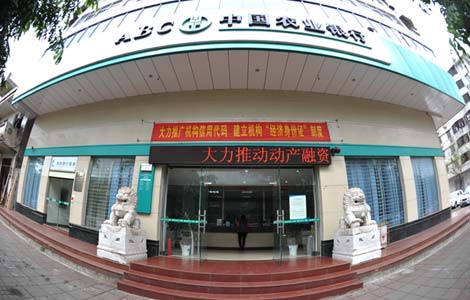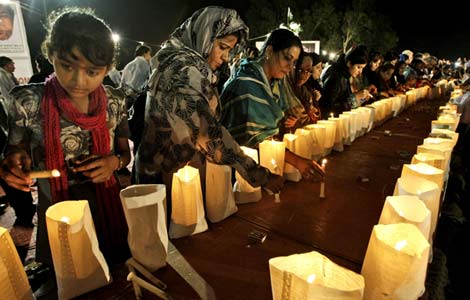Cleaning up city is not without cost
Updated: 2013-06-25 06:56
By Yu Ran in Shanghai (China Daily)
|
||||||||

It took workmen less than a day to tear down Yang Jun's restaurant, a business he had spent four years building.
The structure is among many razed as part of efforts to clean up Wenzhou, one of China's richest cities, in Zhejiang province.
In 2011, authorities launched a five-year plan to replace shabby or illegal properties with modern buildings and parks to improve living conditions and air quality.
Yet experts and industry insiders warn the project may affect the city's prosperous economy and mature industries, as well as cost jobs.
Xianyijia, Yang's three-floor restaurant in Wenzhou's central Lucheng district, was demolished in March. It employed 43 workers.
"I had to let all of them go," said the 38-year old restaurateur. "I also had to start looking for a new money-making opportunity for myself."
Yang said he had invested more than 2 million yuan ($325,540) in the business, his entire savings. "But now I have to accept a huge loss and start over," he added.
His employees were able to find new jobs within a week.
Blighted landscape
Wenzhou is famous for its entrepreneurs, many of whom have made millions from labor-intensive industries.
However, while the city's economy has rapidly grown over the past three decades, authorities say illegal and unsuitable structures have also sprung up, blighting the landscape.
According to the city government's urban management office, illegal buildings covered almost 15 percent - or 40 million square meters - of Lucheng alone in 2011.
The five-year plan was introduced to provide a healthier, safer and more comfortable environment, according to Chen Derong, Party chief of Wenzhou.
"The city should have green parks and fresh air rather than severe pollution and crowded roads," he said at a meeting in March.
By the end of April, the urban management office had torn down structures covering 50 million sq m citywide, including 22 million sq m in the urban area.
"We have torn down illegal and very old buildings and replaced them with commercial units, residential blocks or parks, transforming Wenzhou into a modern city," said Wu Qiao, the official in charge of the demolition project.
For example, he said, in 2011 a park was built near Jin'ou Bridge in Ouhai district after buildings covering 3,500 sq m were razed.
Wu Lifei, with the city landscape and forestry bureau, said, "The city plans to build more parks over about 2,000 hectares this year to increase the rate of green space to more than 35 percent."
He said this will "definitely create a healthier living environment," which is aimed at convincing wealthy residents to stay in the city rather than move to more-developed regions or even overseas.
Potential risks
Although demolition official Wu Qiao said the city is trying to find a balanced way to further develop its economy and improve city planning, experts say the revamp poses risks to manufacturing, which has contributed much to Wenzhou's economic development.
Most areas listed as rundown or illegal by authorities are home to many private plants that make shoes, lighters and other products.
"This plan to remove factory buildings to create space for modern architecture will weaken the city's industrial structure," said Ma Jinlong, a former director of the Wenzhou government's economic research center.
The large-scale demolition of illegal buildings, about 80 percent of which are small family-run factories, is destroying the production lines that employ low-cost labor, he said.
Most businesses have already seen a drop in orders from overseas as the global economy has struggled, said Ma, who predicted the city revamp will cause more small enterprises to close.
According to the Wenzhou Small and Medium-Sized Enterprise Development Association, more than 40 companies making lighters, eyeglasses and lockers reported a 30 percent fall in profits last year. In addition, almost 1,000 small businesses filed for bankruptcy.
Huang Fajing, chairman of Zhejiang Rifeng Lighter Co, urged authorities to find a more balanced approach to creating a modern city, one that keeps faith with the city's economic traditions.
"If the government made up the losses from the destruction of our factory buildings and helped us move our operations to the suburbs, we will have a better chance of surviving this difficult period," he said.
yuran@chinadaily.com.cn
(China Daily USA 06/25/2013 page7)
Most Viewed
Editor's Picks

|

|

|

|

|

|
Today's Top News
Berlusconi convicted on sex charges
US presses Russia over Snowden case
Xi: 'Exploration part of Chinese dream'
Chinese, Brazilian presidents discuss ties
China rejects Philippines' illegal seizure of reef
Immigration bill passes Senate vote
Liquidity squeeze bleeds equities
Surviving mountaineer in embassy
US Weekly

|

|















